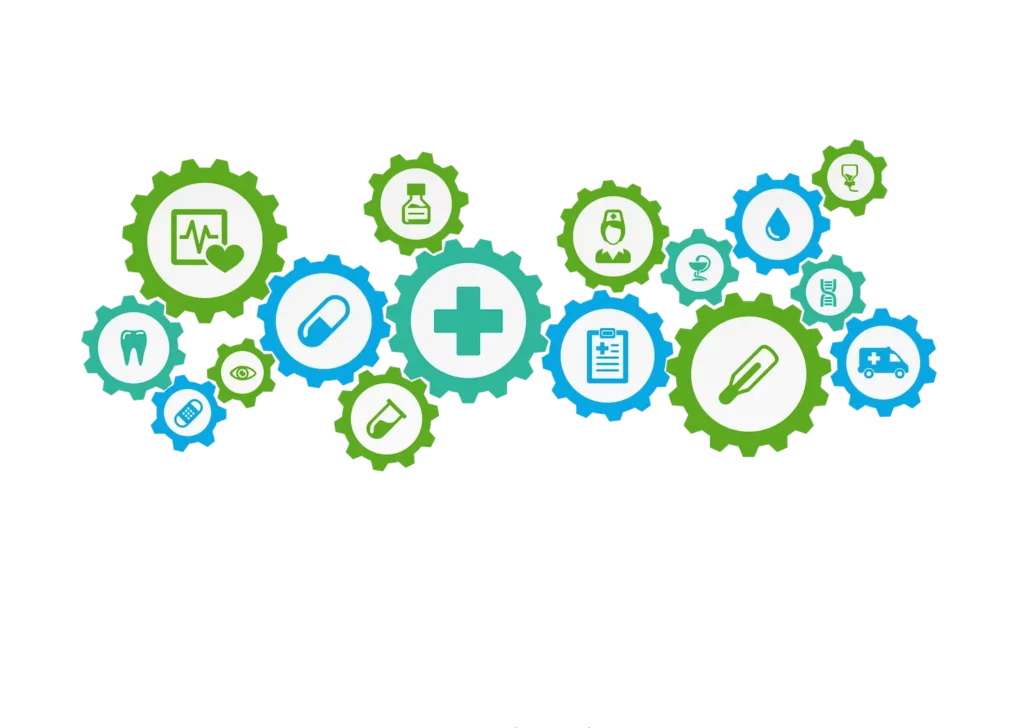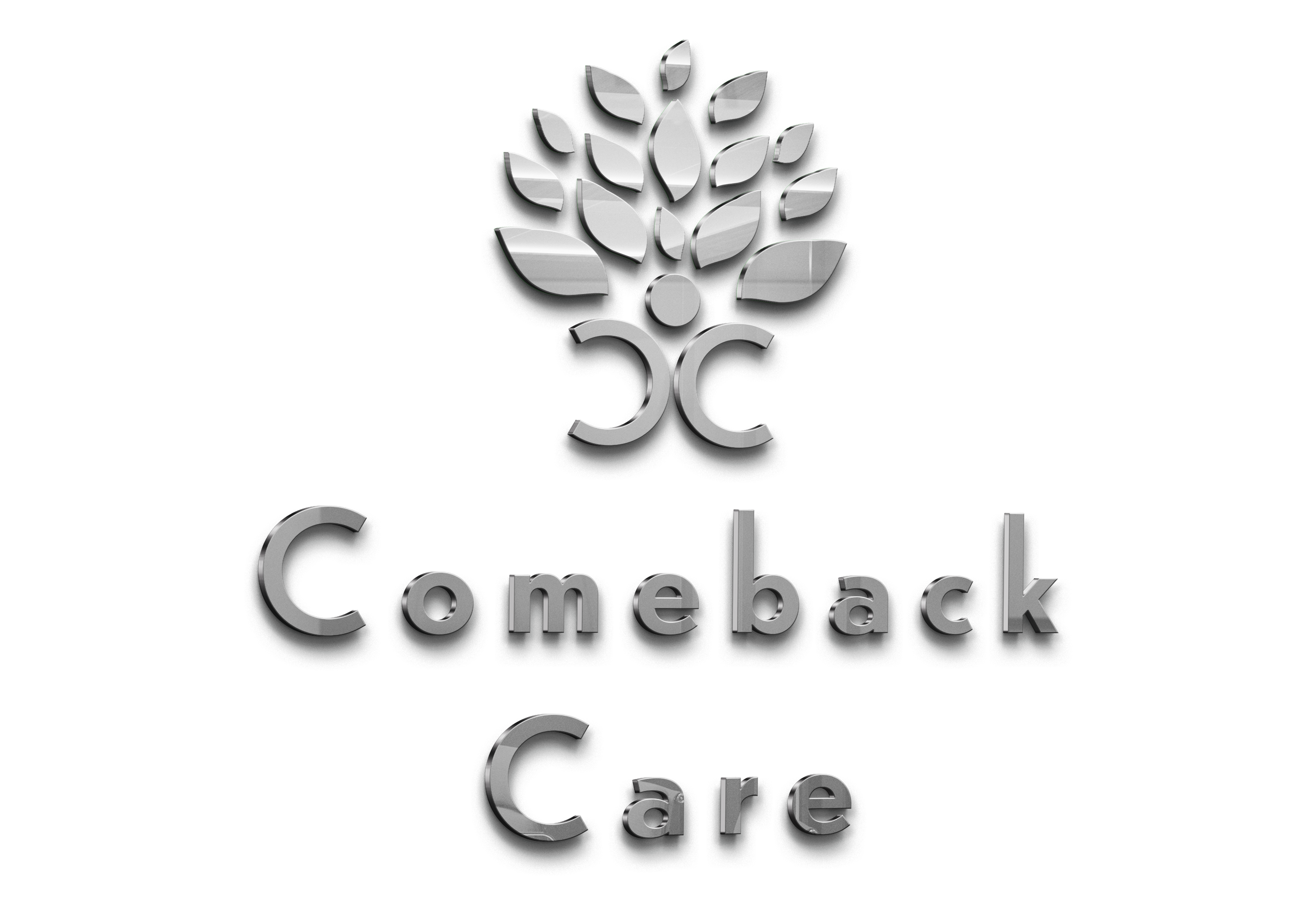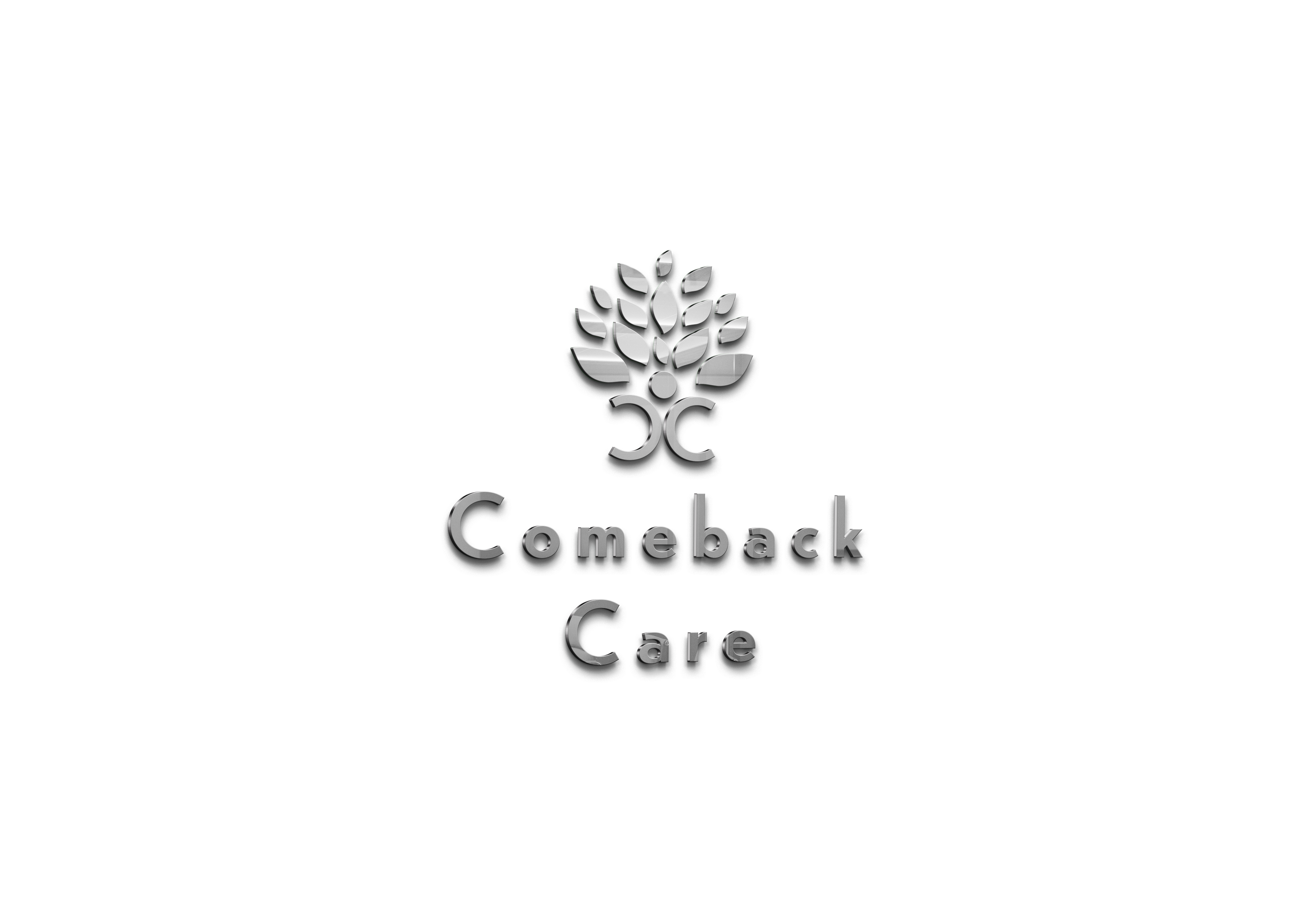Is Zoloft Addictive?
Well, Zoloft is the largest brand name for Sertraline and is one of the most popular antidepressants in the United States.
Zoloft is used to reduce the symptoms of:
- Depression
- Anxiety
- Post-traumatic stress disorder (PTSD)
- Obsessive-compulsive disorder (OCD)
- Panic
- Premenstrual dysphoric disorder
Sometimes, clinicians also prescribe Zoloft off-label to help treat insomnia and eating disorders. Unless used for medical purposes, Zoloft may prove to be addictive. Let’s explore how Zoloft works and get a deeper look at what Zoloft addiction looks like.

How Does Zoloft Work?
Once consumed, SSRIs begin to prevent the brain’s neurons from soaking up serotonin. This, in turn, makes more serotonin available to regulate connections between neurons. The result? Disorders that emerge from a low supply of serotonin get relieved.
Healthy serotonin levels then help individuals improve their sleep quality, experience better emotions, enjoy better energy levels, and have an improved lifestyle.
As a prescription drug, Zoloft is available in three forms: tablet, pill, and liquid. Zoloft, in general, is safe to use and has proven to be highly effective. Inappropriate usage of the drug, however, can lead to Zoloft addiction and withdrawal symptoms, and overdose. So if your question is, is Zoloft addictive, the clear answer is unfortunately, yes.

Is Zoloft Addictive?
When someone cannot get through their day without using Zoloft, they become dependent on the medication. There are, however, no studies that prove Zoloft is addictive. People who take the drug don’t particularly have cravings for it. But those who stop taking it may experience some levels of Zoloft withdrawal.
In some cases, individuals continue using the drug even when they no longer need it just to keep Zoloft withdrawal symptoms at bay. Such a cycle of Zoloft addiction can usually be treated through medical detox therapy at a rehab facility.
Zoloft Withdrawal: What the Symptoms Look Like
What happens when someone copes with Zoloft addiction and withdrawal symptoms?
Zoloft Withdrawal triggers a form of SSRI Discontinuation Syndrome. This condition is often prevalent among 20% of SSRI users. Zoloft has a short half-life, the period for which a drug stays in the bloodstream before it exits the system.
Those who stop using Zoloft suddenly, often experience an abrupt decline in their serotonin levels. Due to this reason, many doctors ensure their patients stop Zoloft usage in gradual phases until they stop using it altogether. This method is also referred to as “tapering strategy.”
When you stop using Zoloft, your brain begins to slowly adjust to its post-Zoloft serotonin levels. Until the brain finally adapts to your natural serotonin levels, however, your body may react adversely to declining serotonin levels in the nervous system. The symptoms of SSRI Discontinuation Syndrome typically take one to three weeks to subside. The intensity of these Zoloft withdrawal symptoms is directly associated with how long you’ve been using the medication.
Some of the symptoms of Zoloft withdrawal include fatigue, chills, headaches, dizziness, insomnia, irritability, lightheadedness, lack of concentration, vomiting, nausea, vertigo, tingling sensation in the skin, recurring nightmares, and suicidal thoughts. In many cases, individuals who stop taking the medication face rebound anxiety or depression.

What Are The Side Effects Of Zoloft?
As with all medications, Zoloft comes with its own bundle of side effects. However, the common side effects of Zoloft are neither life-threatening nor long-lasting. Some of them include fatigue, drowsiness, dizziness, indigestion, headaches, nausea, vomiting, loss of libido and appetite, sweating, stomach pain, tremors, nervousness, and restlessness.
Zoloft comes with an FDA-issued black box warning to notify the potential dangers of the prescription medication. The FDA hasn’t approved Zoloft to treat depression in kids due to the drug’s potential to trigger suicidal thoughts in young adults and children.
When on Zoloft, it is recommended to avoid using illicit drugs or alcohol. Zoloft is also not recommended for pregnant women because it can cause complications with childbirth.
Zoloft Overdose
Taking more Zoloft than prescribed is often a sign of Zoloft addiction. When someone takes too much of this medication, they begin to experience several symptoms of a Zoloft overdose. While these symptoms are not essentially life-threatening, a severe overdose may cause organ damage and may even prove fatal. Some of the most common symptoms of Zoloft overdose include agitation, fever, tiredness, dizziness, nausea and vomiting, increased heart rate, shaking, and tremors.
The more serious symptoms include delirium, hallucinations, and fainting. Though rare, Zoloft overdose can also translate into “serotonin syndrome.” This syndrome is the body’s reaction to excessive serotonin levels. It can cause potentially fatal seizures and it is often a medical emergency.
If you or someone you know may be coping with Zoloft addiction or Zoloft withdrawal symptoms, it is critical to seek help immediately! Reach out to Comeback Care Recovery Center today & begin your journey to sobriety.


